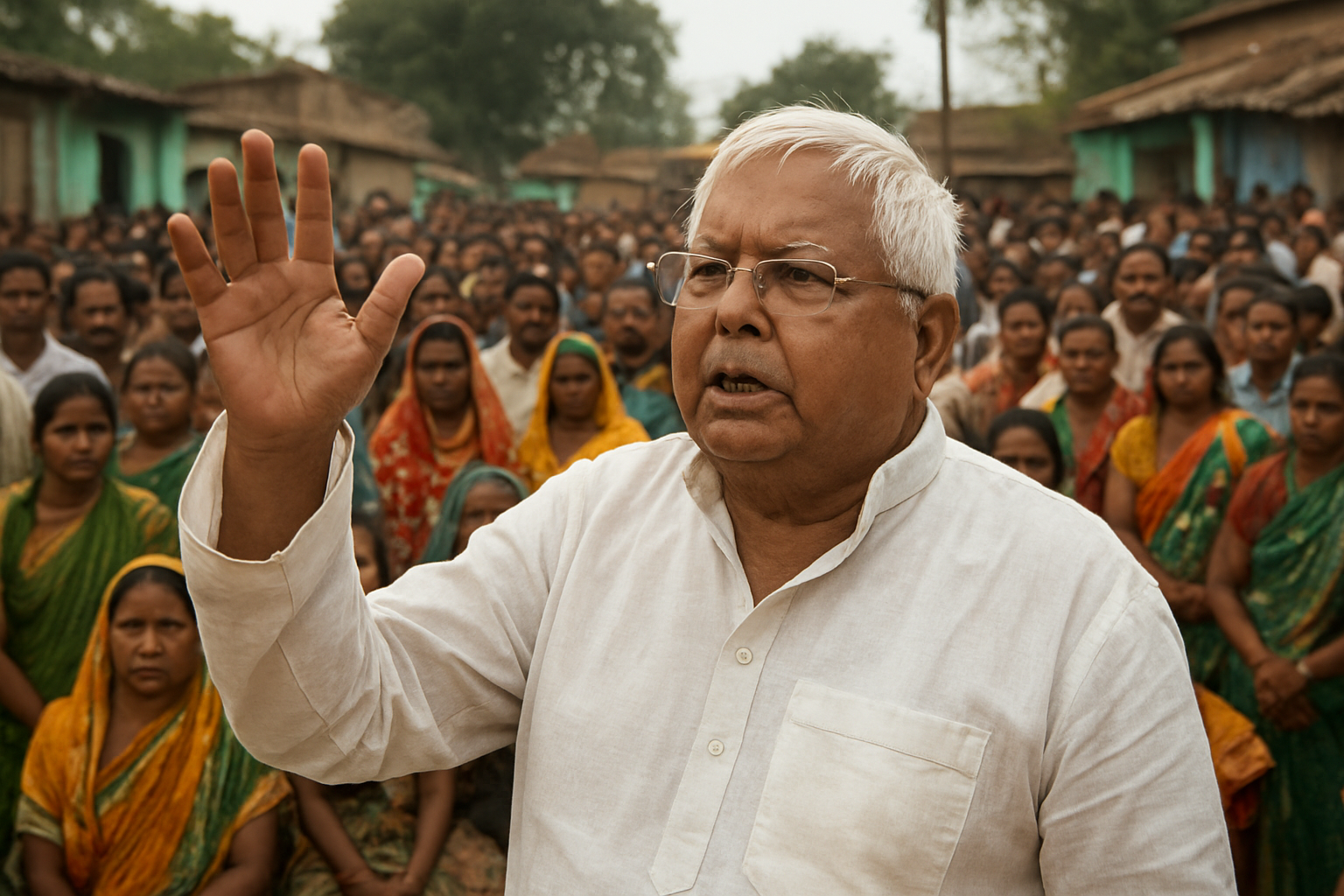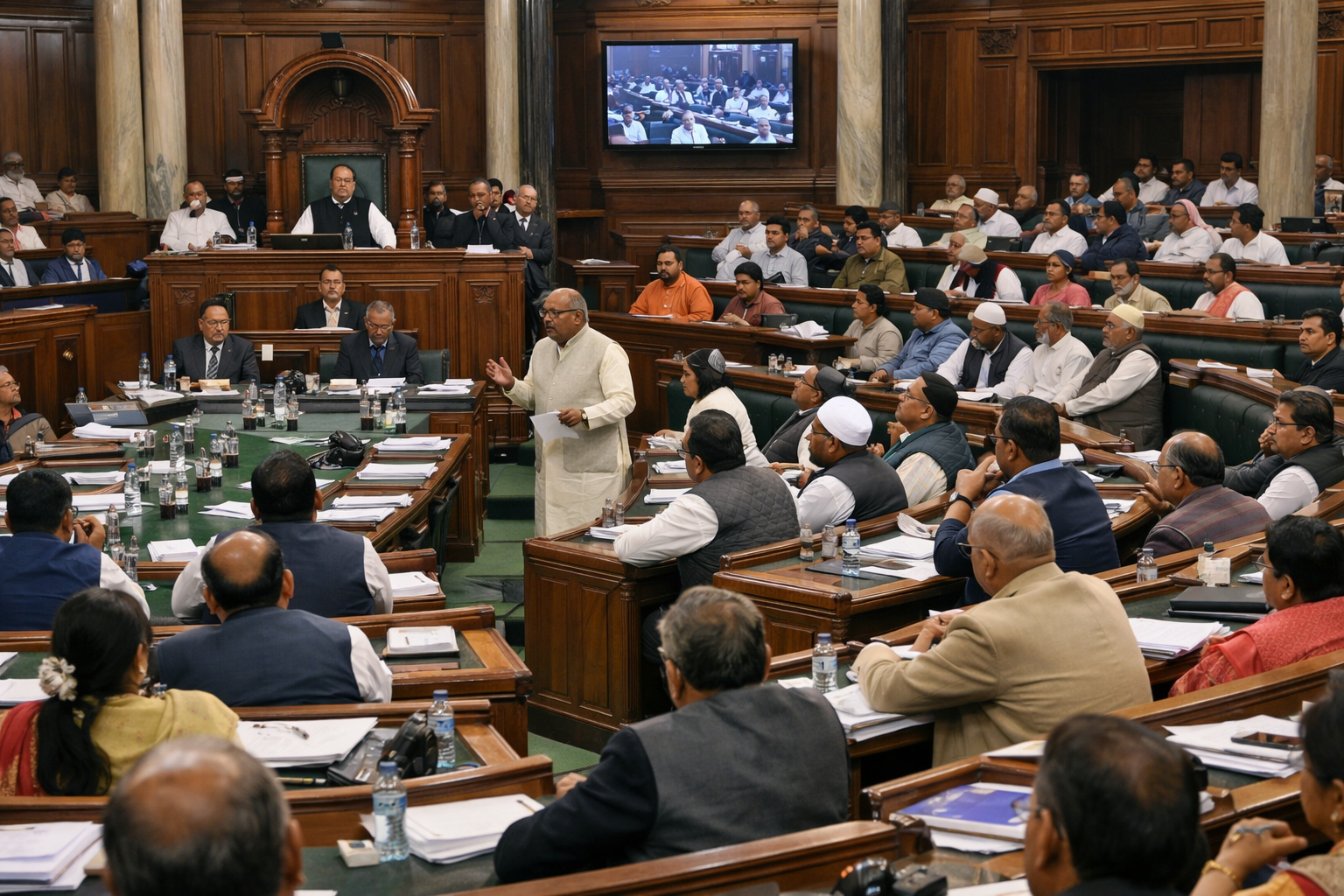Rethinking Lalu’s Legacy in Bihar Politics
Lalu Prasad Yadav rose to power in Bihar championing social justice, promising empowerment for marginalised groups. But voices now argue that his legacy may have narrowed the scope of politics tightening power around identity rather than expanding policy debates. This view challenges the traditional narrative of Lalu as the fixer of caste inequality in Bihar.
Social Justice & Identity in Bihar’s Political Landscape
Since the 1990s, Bihar has been a key ground for politics driven by caste, identity, and marginalized communities. Lalu’s leadership of the RJD (Rashtriya Janata Dal) built political clout for communities previously sidelined. Social justice was not only a political slogan but a strategy to disrupt upper-caste dominance. Over time, though, critics say this identity framework may have led to trade-offs in governance and inclusivity.
What Critics Are Saying
- Social justice politics under Lalu helped bring many OBCs (Other Backward Classes), Dalits, and backward communities to the political mainstream. But it also turned electoral competition into identity competition, critics argue.
- Some analysts assert that policy debates on education, health, and infrastructure were sidelined in favour of caste-based mobilisation.
- Parties opposing RJD argue that governance outcomes suffered: poor law and order, weak development indicators, and nepotism in public office have been linked with the identity-centred political model.
- There’s concern that the social justice narrative has become so dominant that other important issues such as developmental economics, environment, and gender are often ignored or diluted.
Voices from Observers
Political commentators note that Lalu’s legacy is a double-edged sword. On one hand, he shifted power structures in Bihar, making politics more inclusive. On the other hand, some believe that by prioritising social justice identity, broader coalitional politics and governance depth suffered. An expert commentary highlighted: “Lalu opened doors for many who were kept out. But politics which revolves only around identity tends to limit the scope for policy innovation and accountability.”
Beyond Identity, What Bihar Needs Now
- Governance quality: Focusing too strongly on identity may leave systemic issues like infrastructure, health, education underfunded or neglected.
- Electoral fatigue: Voters may grow weary of politics that promises identity affirmation but delivers limited material improvements.
- Civic unity: Overemphasis on caste identities can deepen social divisions, making collaboration and inclusive development harder.
- Policy diversity: Broader issues such as environment, climate, women’s rights need space in Bihar’s political agenda beyond caste identity.
How Politics Might Evolve
- Political parties might begin to emphasise development metrics and performance rather than just caste equations to win voter trust.
- Emerging leaders could champion issues beyond identity healthcare access, job creation, infrastructure for a more holistic political appeal.
- Civil society and media may push for more accountability and public policy debates.
- Voters may demand transparency, performance, and not just representation by identity.
Revisiting Social Justice with a Broader Lens
Lalu’s legacy in Bihar has undeniably transformed the political field, giving voice to many once sidelined. But the time is ripe to rethink what social justice politics should look like balancing identity with governance, representation with results. For Bihar’s politics to grow, it needs narratives that not only correct historic inequities but also address today’s developmental challenges.



